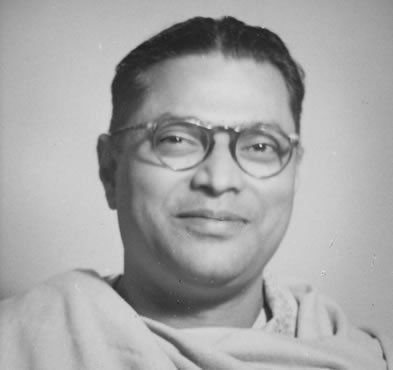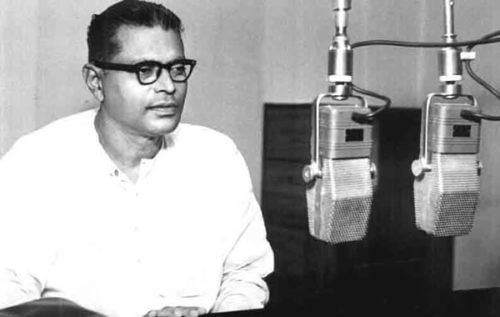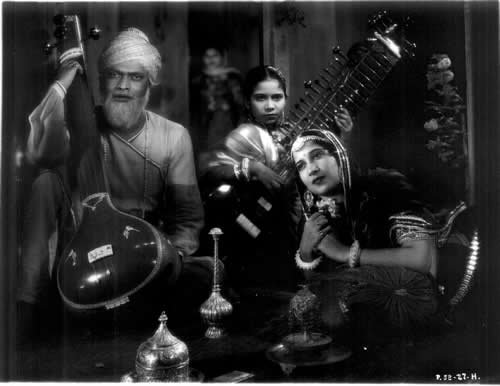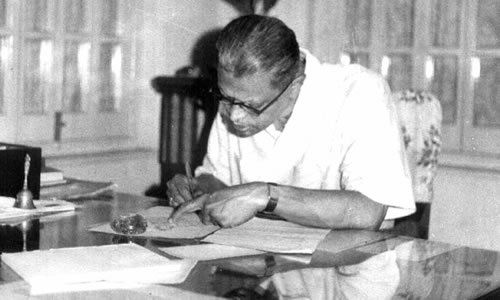Pankaj Kumar Mullick – A brief biography
Born : 10th May, 1905
Died : 19th February, 1978
Training: Sri Durgadas Bandopadhyay for classical & light classical music
Sri Dinendranath Tagore (Rabindranath Tagore’s grand nephew) for Rabindrasangeet
Born : 10th May, 1905
Died : 19th February, 1978
Training: Sri Durgadas Bandopadhyay for classical & light classical music
Sri Dinendranath Tagore (Rabindranath Tagore’s grand nephew) for Rabindrasangeet



